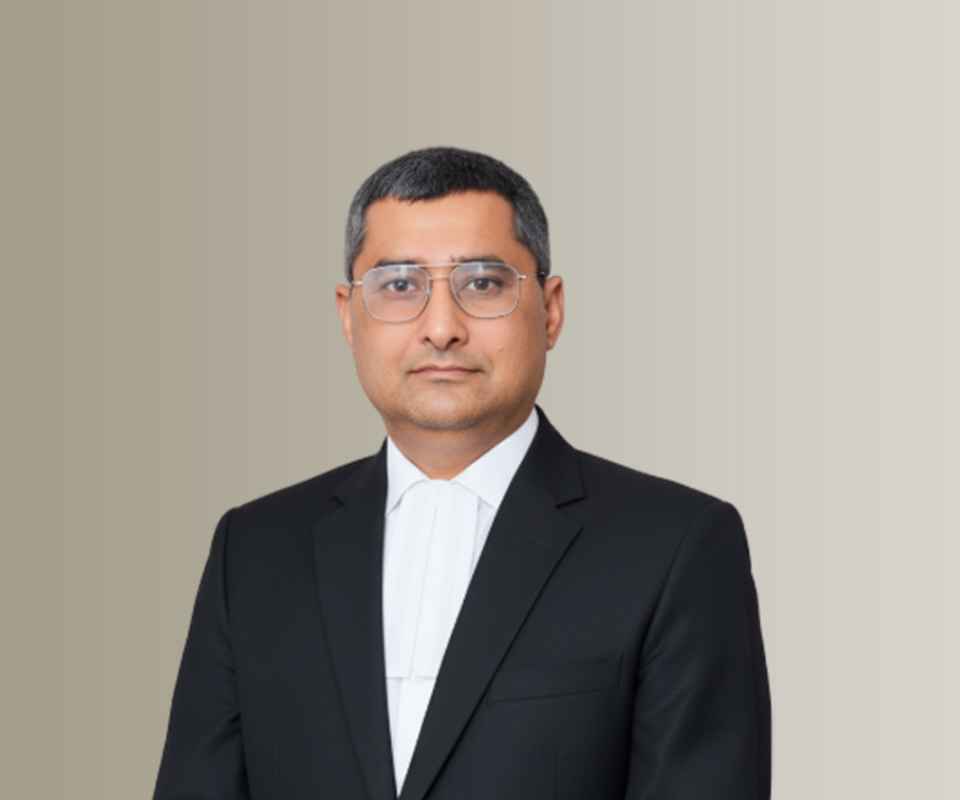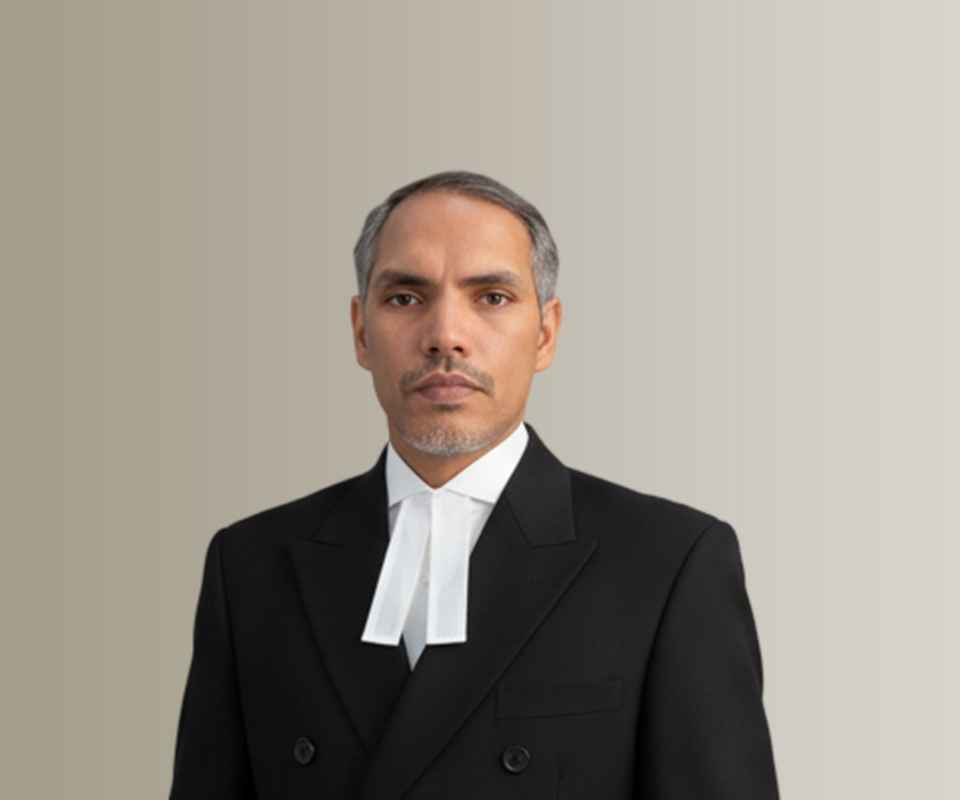Answer By law4u team
Domestic violence encompasses physical, emotional, verbal, and economic abuse that may occur within the privacy of a home or in public spaces. When abuse is demonstrated publicly—such as verbal insults, physical aggression, or humiliation in markets, streets, or social gatherings—it not only violates the dignity of the survivor but also affects public decency and peace. Indian legal provisions explicitly punish such public acts of abuse, offering survivors avenues to seek immediate and long-term protection through courts and law enforcement agencies.
Expanded Legal Provisions on Public Demonstrations of Abuse
Protection Under the Protection of Women from Domestic Violence Act (PWDVA), 2005
The PWDVA covers all forms of domestic violence regardless of the place where it occurs, including public spaces.
Courts can issue protection orders to prevent abusers from approaching or contacting the survivor in public or private.
The Act recognizes emotional and verbal abuse (which often occurs publicly) as forms of domestic violence warranting legal action.
Indian Penal Code (IPC) Relevant Sections
Section 503 (Criminal Intimidation): Threatening words or actions, whether in private or public, intended to cause fear.
Section 506 (Punishment for Criminal Intimidation): Imposes imprisonment or fines for threatening behavior.
Section 509 (Word, Gesture or Act Intended to Insult the Modesty of a Woman): Public insults or gestures harming a woman’s dignity.
Section 294 (Obscene Acts and Songs): Punishes obscene acts or words in public causing annoyance to others.
Section 341 (Wrongful Restraint) and Section 352 (Assault): Cover physical public abuse or attempts to prevent movement.
Section 500 (Defamation): Publicly humiliating or defaming a person’s reputation through abusive acts or words.
Section 268 (Public Nuisance): Acts disturbing public peace, which public abuse may constitute.
Other Legal Remedies and Orders
Restraining Orders and Injunctions: Courts can direct abusers to stay away from the survivor and not engage in public abuse or harassment.
Police Protection: Police can act promptly under these laws to prevent further public abuse or harassment.
Criminal Complaints: Survivors can file First Information Reports (FIRs) for public abuse under relevant IPC sections.
Role of Protection Officers and NGOs
Protection Officers facilitate legal procedures, help survivors file complaints, and coordinate with police.
NGOs provide legal aid, counseling, and support during and after legal proceedings.
Psychological and Social Impacts of Public Abuse
Public abuse often leads to deep psychological scars, causing humiliation, anxiety, depression, and social withdrawal.
It can escalate violence if abusers feel emboldened by public displays.
Social stigma attached to public humiliation often deters survivors from seeking help, making legal protections vital.
Consumer/Victim Safety Tips
Record evidence of public abuse, such as videos, photos, or witness statements, whenever possible.
Report incidents immediately to the police and Protection Officers.
Seek a protection or restraining order through legal counsel or legal aid clinics.
Avoid confronting the abuser in public without support for personal safety.
Connect with local support groups or NGOs for emotional and legal assistance.
Keep copies of all complaints, court orders, and communications related to the abuse.
Example
An abuser repeatedly verbally abuses and humiliates the survivor loudly in a public market, causing distress and social embarrassment.
Steps Taken:
The survivor files a complaint with the local police station, providing video evidence of the public abuse.
Protection Officer assists in filing an application in the court for a protection order.
The court issues a restraining order barring the abuser from approaching or verbally abusing the survivor anywhere, including public spaces.
Police are instructed to monitor compliance and act promptly on any violations.
The abuser is charged under multiple IPC sections related to public insult, criminal intimidation, and harassment.
The survivor receives counseling and support from an NGO to recover from trauma.







